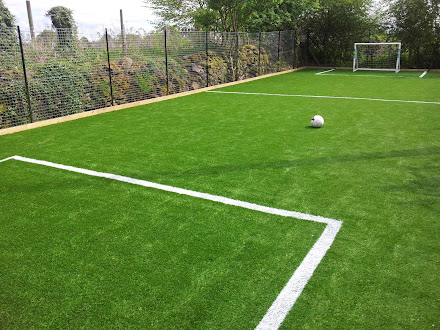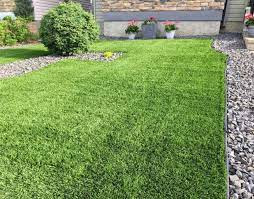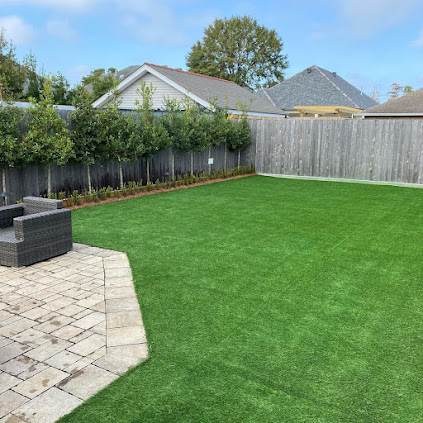Pros and Cons of AstroTurf in Sports and Landscaping
AstroTurf, a brand of artificial grass, has gained popularity in both sports and landscaping applications. This synthetic turf offers several advantages, but it also comes with its share of drawbacks. To help you make informed decisions, here are the pros and cons of AstroTurf in sports and landscaping.
Pros:
Low Maintenance: One of the primary benefits of AstroTurf is its minimal upkeep. It doesn't require mowing, watering, or fertilizing, making it a time-saving option for both sports fields and residential lawns.
Durability: AstroTurf can withstand heavy use and extreme weather conditions, making it an excellent choice for high-traffic areas, sports facilities, and regions with harsh climates.
Water Conservation: In landscaping, AstroTurf helps conserve water, as it doesn't need irrigation. This can be particularly advantageous in areas with water restrictions or arid climates.
Consistency: Sports teams appreciate the consistent playing surface AstroTurf provides. It eliminates variables associated with natural grass, such as divots and uneven terrain.
Versatility: AstroTurf can be installed virtually anywhere, making it suitable for various landscaping projects, including rooftops, balconies, and indoor areas.
Cons:
Heat Retention: AstroTurf can become significantly hotter than natural grass in direct sunlight. This can make it uncomfortable to walk or play on during hot weather.
Artificial Appearance: Some people prefer the natural aesthetics of real grass in landscaping. AstroTurf may lack the visual appeal and texture of genuine grass.
Initial Cost: The installation of AstroTurf can be expensive, which may deter homeowners on a budget. However, the long-term savings on maintenance costs can offset this initial expense.
Environmental Concerns: AstroTurf is not biodegradable, and its production involves various synthetic materials. This can raise environmental concerns, especially in a world increasingly focused on sustainability.
Infill Compaction: Over time, the infill material in AstroTurf can compact, affecting the playability and safety of sports fields. Regular maintenance is required to prevent this issue.
In summary, AstroTurf offers practical benefits such as low maintenance, durability, and water conservation. However, it also has drawbacks, including heat retention, an artificial appearance, and environmental considerations. The decision to use AstroTurf in sports and landscaping should be based on individual needs, preferences, and budget constraints. Weighing these pros and cons can help you determine if AstroTurf is the right choice for your specific project.




Comments
Post a Comment